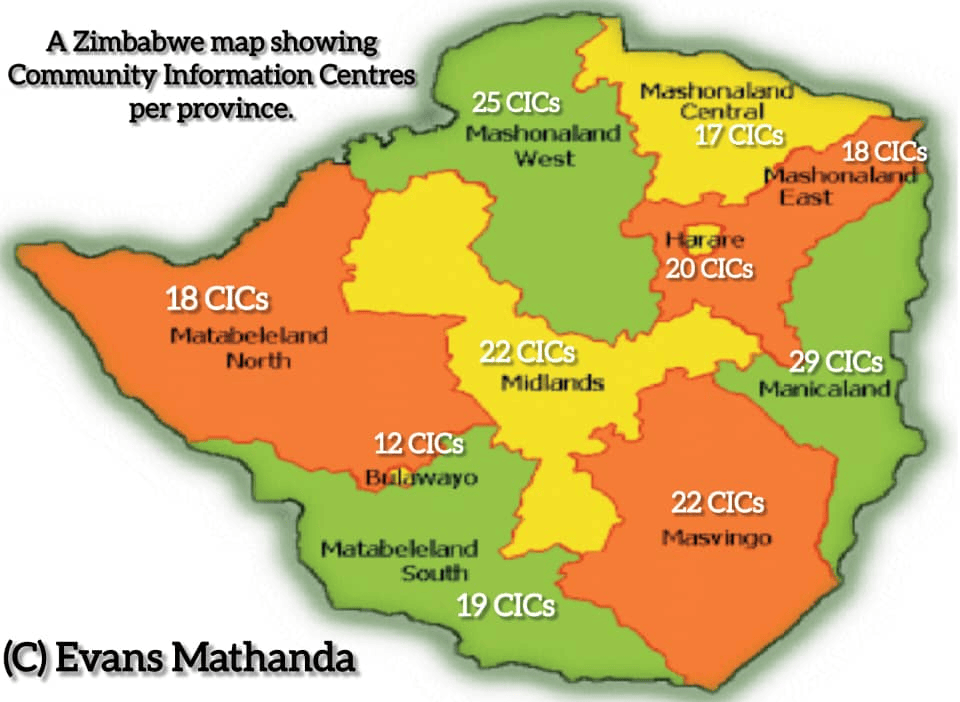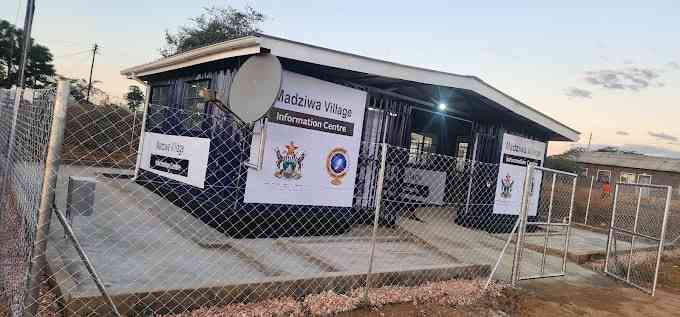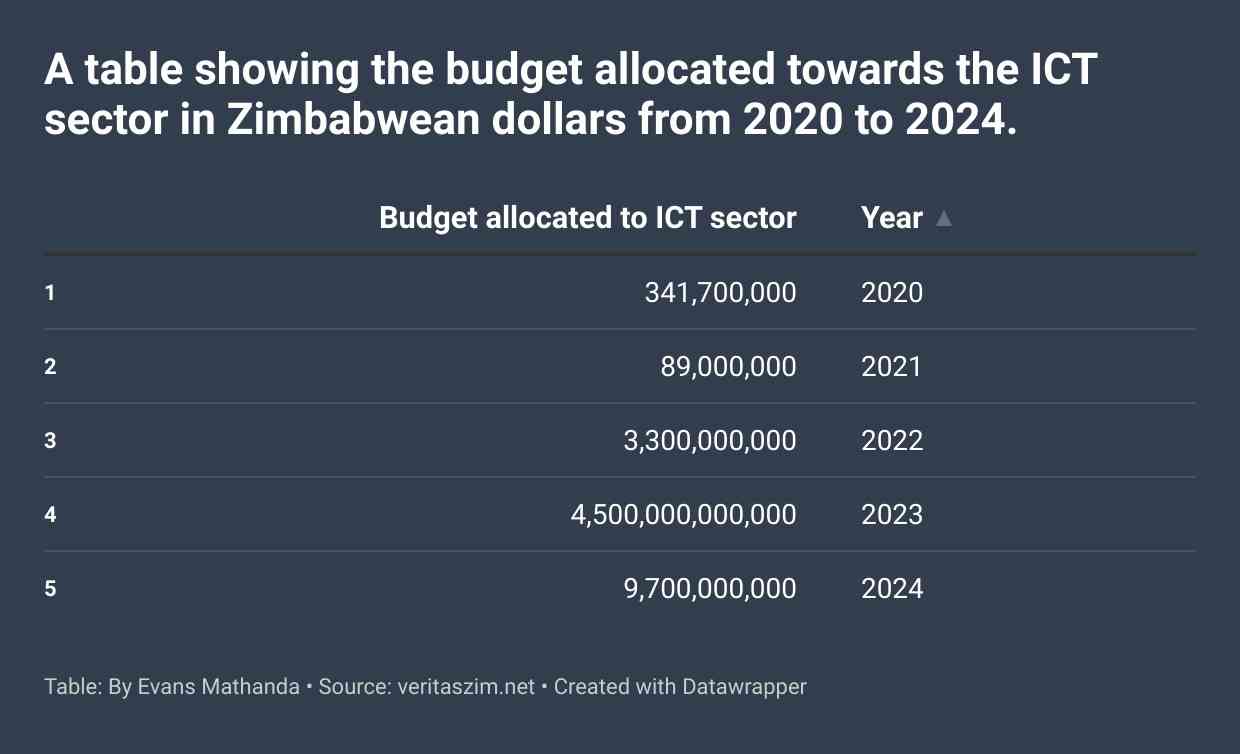
IN the heart of Madziwa village, approximately 137 km away from Harare, a quiet revolution is underway.
At the centre of this transformation is a 33-year-old mother of two, Shamiso Mvula. Once a stranger to information communication and technology (ICT), she has emerged as a beacon of hope, inspiring her community to embrace the power of technology.
Growing up in a remote village, where opportunities are limited, Mvula had never operated a computer, even to create a simple Word document until one day when she stepped into Madziwa Village Information Centre.
ICT minister Tatenda Mavetera officially launched the Containerised Village Information Centre situated at Madziwa Shopping Centre on May 17, 2024, as part of the World Telecommunications and Information Society Day commemorations.

In August this year, Mvula walked to the information centre to observe what it takes to use a computer.
The idea of navigating a computer screen filled her with apprehension. The blinking cursor, the endless collection of icons, and the intimidating prospect of typing on a keyboard seemed like an impossible challenge until a young boy took her through the basics.
“I was using one finger to type, looking straight to the keyboard,” Mvula told The Standard citing the popular street lingo “Dhe nhanha” which means one step at a time.
- ICT ministry in financial distress
- From the village to virtual world...A 33-year-old’s inspiring story
Keep Reading
With each passing day, she found herself at Madziwa Village Information Centre, eager to learn the mysteries of the digital realm.
Under the guidance of patient assistants, Mvula began her journey. She learned to type, to search the internet, and to send emails.
She was very slow but she grew her confidence. She discovered a world of information, from typing a document to creating a Gmail account.
“Jo jo jo jo, I would press one letter and look up to the screen to confirm whether I was doing it correctly or not. The boy was patient enough even though I had no idea but it was really a good experience for the first time to sit and type my name on a computer. From that day, I made sure that I visited the information centre at least twice a week just to learn a few basic things. It took me time to be able to switch on a computer and navigate to Microsoft Office alone but I learnt bit by bit. I believe 6 months from now, I will be a better person,” she narrated her experience.
Headman Mushowani born Collen Nyikayaramba under Chief Nyamaropa said villagers were utilising Madziwa Information Centre to bridge a digital gap.
Nyamaropa added that such infrastructure makes it easier for the villagers to access information.
“We felt honoured by the government's move to commission the information centre,” Nyamaropa said.
“As a traditional leader, I am very happy to see people going in and out of the information centre to learn new skills.
“I encourage community members to follow important national information on community radios like Madziwa FM so that we stay up to date with current affairs.”
According to Postal and Telecommunications Regulatory Authority of Zimbabwe (Potraz) current statistics, Bulawayo has 12 CICs while Harare has 20. Manicaland province has 29 CICs whereas Mashonaland Central has 17 CICs. Mashonaland East has a total of 18 CICs while Mashonaland West has 25 CICs. Masvingo province has 22 CICs whilst Matabeleland North has 18. Midlands province has a total of 22 CICs whereas Matabeleland South province has 19 CICs.
So far, the government, through the ministry of ICT has commissioned 202 CICs across 10 provinces, which were handed over to Zimpost for maintenance and service delivery.
Zimpost postmaster general Maxwell Chitendeni told this publication that all CICs are manned by agents who are continuously trained to assist communities with basic computer training and digital skills.
He added that these agents are recruited from the communities so that they are able to relate as they are able to speak the local languages and can relate with the culture of that area.
However, ICT ministry secretary Beaular Chirume recently said the ministry was facing a severe financial crisis when she appeared before the Parliamentary Portfolio Committee on ICT speaking on the 2025 budget bid.
The government allocated ZWL$341.7 million towards ICT programmes from the 2020 national budget presentation.
Finance minister Mthuli Ncube allocated $89 million to the ICT sector from his 2021 total budget of $421.6 billion. A total of $3.3 billion was allocated to the ICT sector in 2022.
While ZWL$17.4 billion was allocated to ICT in 2023. Ncube then set aside around $9.7 billion for ICT goals such as infrastructure and a digitally connected economy in 2024.
According to Ncube, the funds were being used to “support interventions that harness and promote the use of ICT for economic development”.

In an interview, ICT minister Mavetera said the government should prioritise ICT programmes in the fourth coming 2025 budget allocation, a development that can enable the ministry to establish artificial intelligence centres.
She added that the country needed more pride on data sovereignty, stating that the country was having challenges on cybersecurity.
Zimbabwe ranks 47.7th in the ICT Development Index 2024 for African countries.
The digital divide remains a serious concern as most of the population (67%) lives in rural areas.
Mvula’s story is testament to the transformative power of education and technology, even in the most remote corners of the world.









